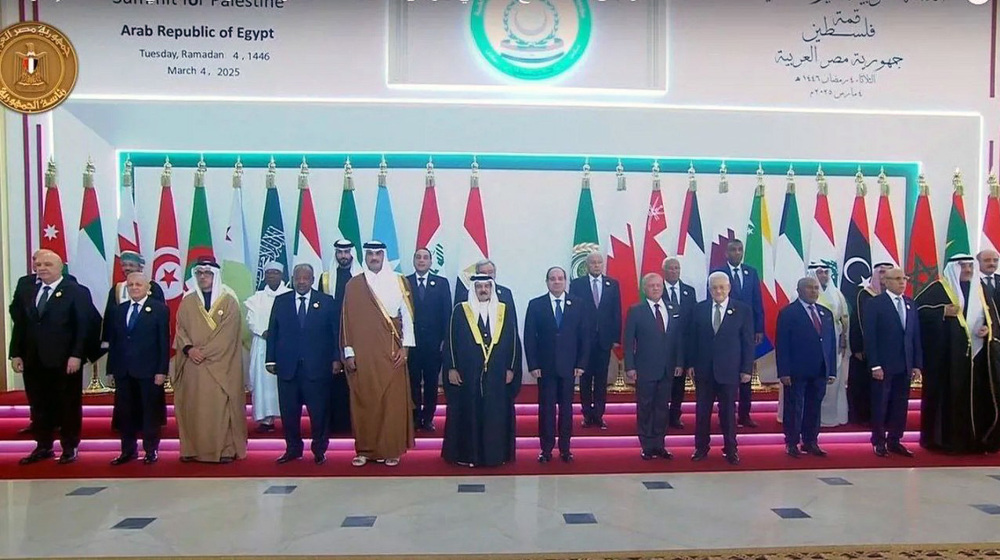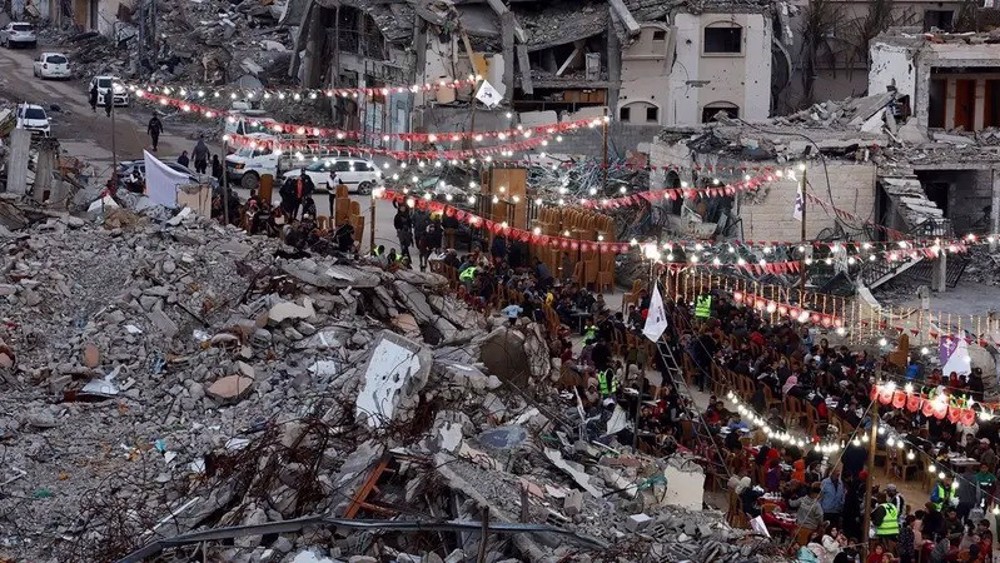Egypt court labels Palestine's Hamas as terrorist group
A court in Egypt has labeled the Palestinian resistance movement of Hamas a “terrorist” organization, judicial sources say.
The verdict was issued on Saturday by the Cairo Court of Urgent Matters, in a move that could further sour the relations between the Egyptian government and the Palestinian group.
The ruling came weeks after the Ezzedine al-Qassam Brigades, Hamas’ military wing, was also labeled a “terrorist” organization. The Cairo Court of Urgent Matters on January 31 claimed in a lawsuit that the group was involved in recent attacks against Egypt’s security forces.
Hamas’ spokesman, Sami Abu Zuhri, at the time rejected “the Egyptian court’s decision against Qassam Brigades,” adding, “It is a political, dangerous decision that serves only the Zionist occupation.”
A source close to Hamas’ armed wing also said the resistance movement would no longer accept Egypt as a broker between Palestinians and the Israeli regime, saying, “After the court’s decision, Egypt is no longer a mediator in Palestinian-Israeli matters.”
Hamas reaction
Following the Egyptian court’s announcement on Saturday, the Palestinian resistance group released a statement describing the court’s decision as "shocking and dangerous."
"The Egyptian court's decision to list the Hamas movement as a terror organization is shocking and is dangerous, and it targets the Palestinian people and its factions of resistance," the statement added.
The movement also noted that the decision "will have no influence on the Hamas movement, which enjoys the respect of all the nation and the leaders of the nation."

Egypt-Hamas relations
Following the ouster of Egypt’s former president, Mohamed Morsi, in July 2013, relations between the Egyptian government and Hamas, which governs the besieged Gaza Strip, have strained.
Egypt has stepped up the destruction of cross-border tunnels into Gaza since then. More than 1,600 tunnels have been demolished since the military-backed government came to power in Cairo last year.
In early January, Egyptian army sources said the military had begun operations to increase the size of the existing 500-meter buffer zone along the border with Gaza to a full kilometer.
The Cairo authorities decided to create the buffer zone after the deadly attacks in the restive Sinai Peninsula that targeted more than 30 Egyptian soldiers in October 2014.
The underground routes are the only lifeline for the people of Gaza living under the Israeli blockade. Palestinians use the tunnels to bring essential supplies, such as foodstuff, cooking gas, medicines, petrol, and livestock into the impoverished Palestinian territory.
MR/HJL/SS

Egyptian military buildup worries Israel

Arab League endorses Egypt’s Gaza reconstruction plan at Cairo summit

Egypt says to present Gaza reconstruction plan at emergency Arab summit
VIDEO | Spokesperson: EU committed to diplomatic solution with Iran
Iran, Oman discuss arrangements for third round of indirect Tehran-Washington talks
Iran offers mediation as India-Pakistan tensions escalate
VIDEO | Massive rally in Yemen continues support for Palestine despite US aggression
Iran backs sovereign, stable Syria free of terrorism, UN envoy says
Iran-US talks: Trump, sanctions and the mirage of a durable nuclear deal
VIDEO | Gaza’s looming famine
US universities defy Trump deportations of foreign students







 This makes it easy to access the Press TV website
This makes it easy to access the Press TV website